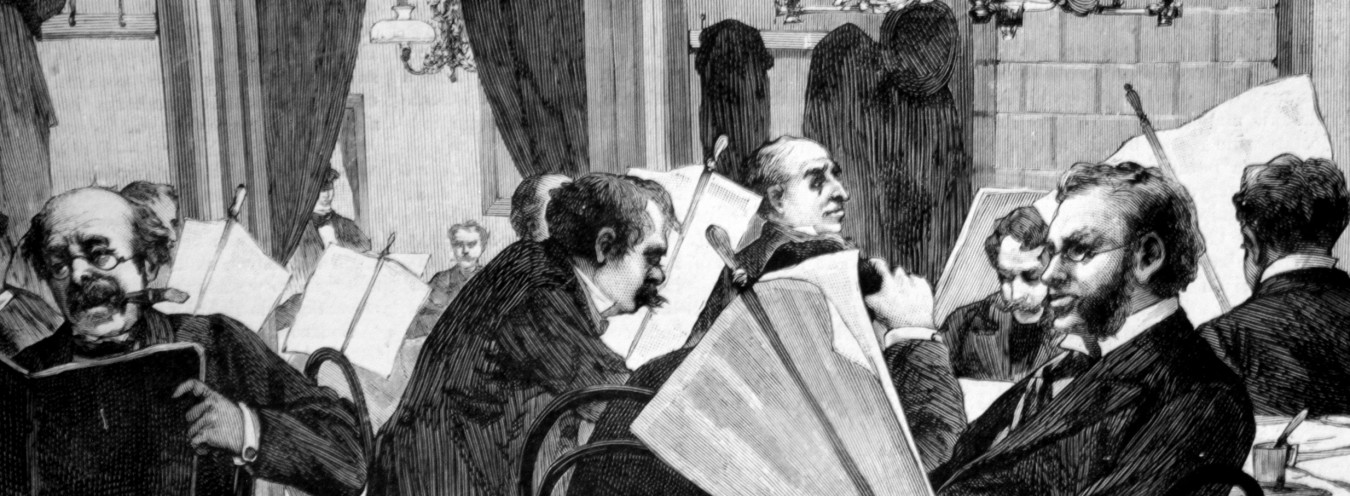
Intelligentsia
‘If I’d had some tens of thousands of roubles a year, and a passion for whist, I’d have been the happiest man in Warsaw,’ [Wokulski] said to himself, ‘but because in addition to a stomach I have a soul which is greedy for knowledge and love, I would have had to perish there.’ (369)
The intelligentsia as a group is very difficult to define for its diversity, stratification and the impossibility to assign it to one particular social class. Thus, a member of the intelligentsia is not identified by his or her social background but by a specific attitude to certain values. We could say that it is a person with a heightened awareness of duty and a keen sense of responsibility for the common good (intelligentsia ethos), knowledge of the national culture and the ability to approach it in a reasonable and critical manner, as well as receptiveness to the latest cultural trends and movements, also on the European scale. The intelligentsia mindset usually develops through a broadly conceived idealism or even, to some extent, utopian thinking (as illustrated by Julian Ochocki’s daydreaming).
In The Doll, the intelligentsia is portrayed as a social group that is still evolving, with their standpoints already beginning to take a definite shape. Characters such as Doctor Szuman and Ignacy Rzecki stand out for their valuable insight into both the past and present social realities as well as their ability to project a vision of the future. Wokulski, also a representative of intelligentsia, never forgets about Polish society, their civilisational backwardness and the need to bring them up to date. Yet another member of the intelligentsia, noble-born Julian Ochocki, keeps dreaming of flying machines – and has the credential to make his dream come true with his solid polytechnic qualifications in mechanical engineering. Further examples include Doctor Szuman with his passion for science, and unruly medical students who have already managed to develop strong political views. In his typically discerning way, Prus points to the general lack of respect for the intelligentsia in Polish society of the latter nineteenth century. Wokulski’s scientific and social ideas are largely ignored by the novel’s characters, for whom the question of social status is settled once and for all by the existing social conventions and financial resources. Scholarly aspirations and community-based projects of the protagonist are at best treated as a sort of obscure though harmless idiosyncrasy.
→ Professor Geist; → Ochocki, Julian; → Society; → Szuman, Michał; → Wokulski, Stanisław;


